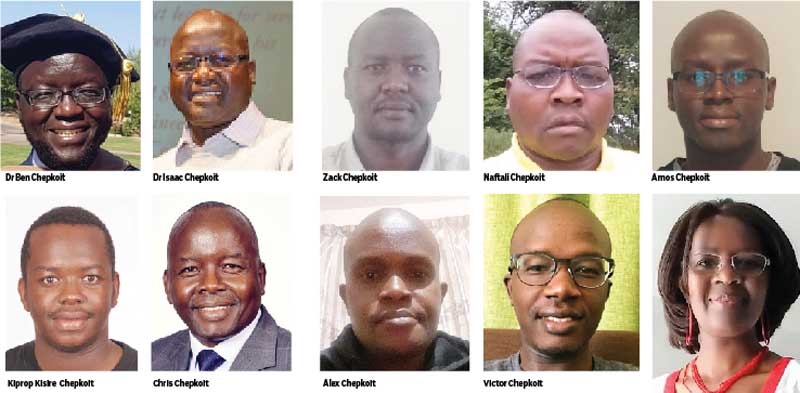×
The Standard e-Paper
Kenya’s Boldest Voice

When Chepkoit took his son to Kabarak in 1980, the boy inspired his 7 brothers to follow suit. Today, his family consists of academic heavyweights, majority of them with multiple degree certificates.